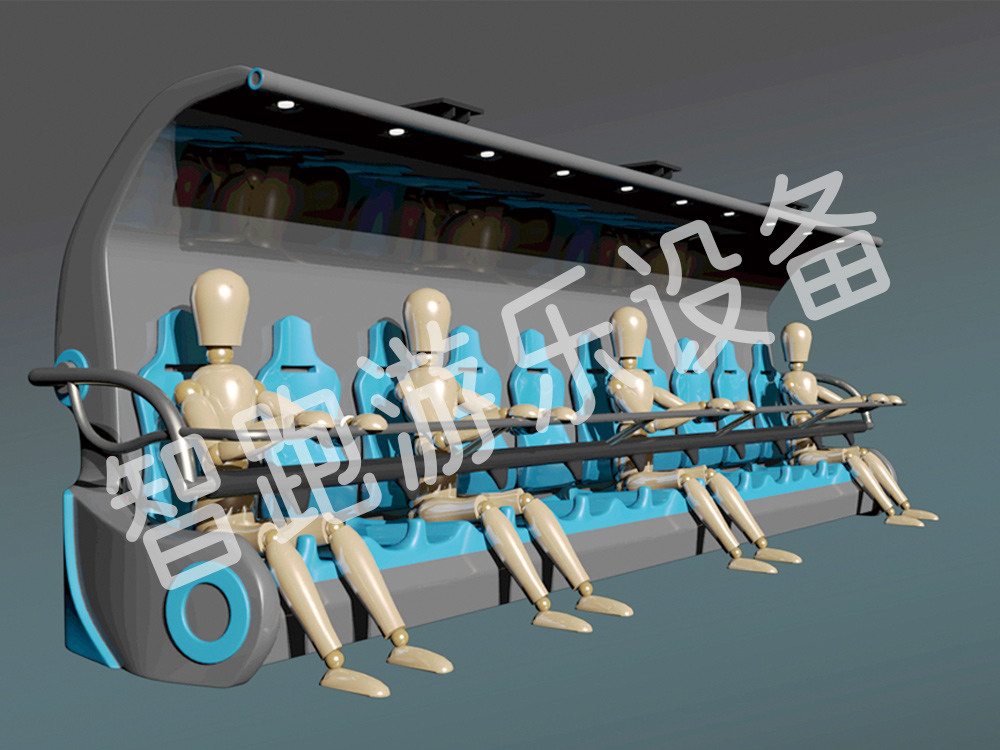- Albanian
- Arabic
- Belarusian
- Bengali
- Czech
- English
- French
- German
- Hebrew
- Hungarian
- Indonesian
- irish
- Italian
- Japanese
- kazakh
- Persian
- Russian
- Thai
- Uzbek
- Vietnamese
vr cinema theatre
The Rise of VR Cinema Theatres A New Era in Entertainment
In recent years, the entertainment industry has witnessed a seismic shift, primarily driven by advancements in technology. One of the most exciting developments in this space is the emergence of VR cinema theatres. This innovative concept combines the immersive experience of virtual reality with the communal atmosphere of traditional cinemas, offering audiences a new way to enjoy films. As we delve into this topic, we'll explore the technology behind VR cinema theatres, their potential impact on the film industry, and what this means for the future of entertainment.
What is a VR Cinema Theatre?
Virtual reality (VR) cinema theatres utilize cutting-edge technology to create an immersive viewing experience. Unlike conventional cinemas, where audiences watch films on a flat screen, VR cinemas enable patrons to don VR headsets that transport them into a three-dimensional environment. This immersive experience allows viewers to truly enter the film's world, engaging with the narrative in ways that traditional storytelling methods cannot achieve.
The VR cinema theatre isn’t just about watching films; it's an interactive experience. Viewers can look around, engage with the environment, and even influence story outcomes in some films. Such interactivity enriches the storytelling experience, allowing for deeper emotional connections and enhanced engagement. As more filmmakers begin to explore the possibilities of VR storytelling, the genre is poised to become a staple in the entertainment landscape.
Technological Advancements Driving VR Cinemas
The rise of VR cinema theatres has primarily been facilitated by significant advancements in VR technology. High-quality headsets like Oculus Quest, HTC Vive, and Valve Index provide high-resolution visuals and spatial audio, making VR experiences feel remarkably real. Additionally, improvements in motion tracking ensure that viewers' movements are accurately mirrored in the virtual space, enhancing immersion.
Moreover, film production techniques are evolving to accommodate VR. Cinematic techniques that include 360-degree cameras and interactive storytelling are becoming more prevalent, allowing filmmakers to craft engaging narratives specifically designed for VR platforms. This melding of technology and creativity is opening doors to new artistic expressions and pushing the boundaries of what is possible in cinema.
vr cinema theatre

Impact on the Film Industry
The introduction of VR cinema theatres has the potential to revolutionize the film industry. For one, it offers filmmakers a new medium to explore innovative storytelling techniques. Traditional narratives may evolve into multi-layered experiences where viewers can choose their path, creating personalized storytelling that caters to individual preferences.
Furthermore, VR cinemas could provide independent filmmakers with a platform to showcase their work. As the technology becomes more accessible and affordable, creators can produce VR content without the massive budgets traditionally required for film production. This democratization of technology could lead to an explosion of unique voices and stories being told, enhancing the cultural richness of cinema.
However, there are challenges to overcome. The cost of VR headsets and the need for bespoke content could limit accessibility initially. Additionally, the traditional cinema experience is deeply ingrained in cultural practices worldwide, making it essential for VR cinemas to find ways to coexist with conventional theatres.
The Future of VR Cinema Theatres
As we look to the future, it seems that VR cinema theatres are not merely a passing trend but a burgeoning aspect of the entertainment industry. The demand for immersive experiences is growing, particularly among younger audiences who crave novel ways to engage with content. Major studios and independent filmmakers alike are beginning to invest in VR projects, recognizing its potential to reshape audience engagement.
In conclusion, the rise of VR cinema theatres heralds an exciting new era in entertainment. By merging technology with storytelling, they offer a groundbreaking platform for filmmakers to connect with audiences in profound ways. While challenges remain, the evolution of this medium promises to enrich the overall cinematic experience, making it more interactive, personalized, and immersive than ever before. As we venture into this uncharted territory, one thing is clear the future of cinema is here, and it is undeniably virtual.
-
Flume Ride-Hebei Zhipao Amusement Equipment Manufacturing Co., Ltd.|Thrilling Water Attraction&Customizable DesignJul.30,2025
-
Flume Ride - Hebei Zhipao Amusement Equipment | Water Coaster, Thrilling DescentJul.30,2025
-
Flume Ride - Hebei Zhipao | Thrilling Water AttractionJul.30,2025
-
Flume Ride: Thrilling Water Attraction by Hebei Zhipao|Log Flume Manufacturers&Flume Ride DesignJul.30,2025
-
Flume Ride-Hebei Zhipao Amusement Equipment Manufacturing Co., Ltd.|Thrilling Water Coaster, Safe DesignJul.30,2025
-
Flume Ride-Hebei Zhipao Amusement Equipment Manufacturing Co., Ltd.|Thrilling Water Attraction, Safe DesignJul.30,2025
